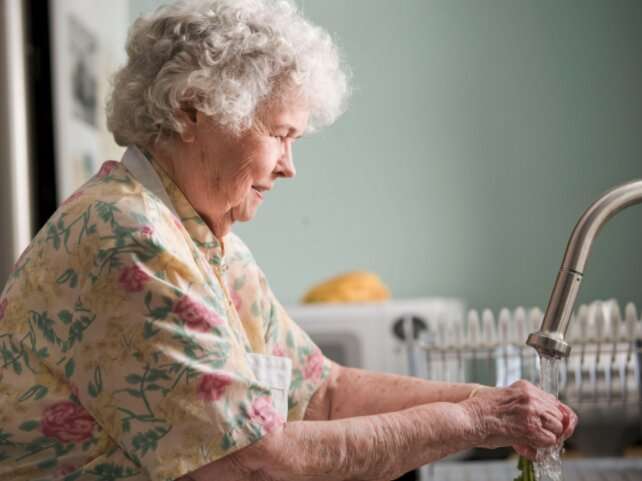Leaving no one behind during the coronavirus pandemic

How has COVID-19 affected rural communities in Ireland?
A special rate of social welfare payment was made available to anyone who has lost their jobs as a result of the crisis, but as the tourism season is only starting now those seasonal businesses will not be opening. That means some tourism workers have no job waiting for them and are only entitled to the basic social welfare payment, if any. A lot of people in rural areas also work in construction, retail as well, but a lot of construction sites and non-grocery retail stores are closed. So, a lot of people have less money coming in.
Mental health issues are also starting to come up more among those who have to isolate or cocoon but also those who suffer with mental illness Some of the services are closed now and people cannot get the one-to-one counseling they need or if available online, may not be comfortable doing it this way. There has been an increase in the number of calls to Irish services that deal with domestic violence. And anyone who is over 70 years of age or has underlying health conditions is not allowed to go out at all—that is losing a lot of the freedom they would normally have. The isolation, loneliness and trying to keep in touch with people is a lot harder for them.
How have people responded to the lockdown measures?
There is certainly an increased sense of community spirit, of people coming together. Some local restaurants and pubs that closed are helping out community groups who provide "Meals on Wheels' to older people, which is an initiative delivering food meals to those who cannot cook for themselves. There are also people volunteering to do shopping deliveries for their neighbors who cannot leave their homes. On top of that, a lot more people are buying local so that is really helping the rural businesses like the shopkeeper, butcher and grocer.
Irish Rural Link are working with another organization called "The Wheel' to coordinate a COVID-19 outreach program, which is funded by the government. We are strengthening the support from local authorities throughout the country that are working with community and voluntary organizations. These networks now work to link the different services on the ground to those in need of them, like someone who needs their shopping, pension and medicine picked up or sourcing items like hand sanitizers that have been much harder for some vulnerable rural groups to access. They also help coordinate quicker police vetting to get more volunteers into these services, which is really helpful because there is currently a greater demand to join these community groups. The overall idea is to make sure no one gets left behind.
Going forward, what can be done to make sure rural communities are more resilient?
A lot of community services are underfunded. The Irish government have set up a fund to help community groups cover some of the extra costs they are now facing. But when this is over I hope the same value they are placing on these services continues and that they are given more structured funding alongside support to be able to help rural societies more. Also, many of the jobs available in rural areas are lower paid, like working in retail or supermarkets or community health and social care, but the true value needs to be put on those jobs. The contribution they have put into helping rural communities to get through this pandemic is invaluable. We also need to look beyond the economic factors of rural communities and see what social and environmental issues are important. With Rubizmo, we developed some sustainability business models and trainings that look at ways local enterprises can support rural industries and workers as well as greener ways of operating.
Provided by CORDIS




















